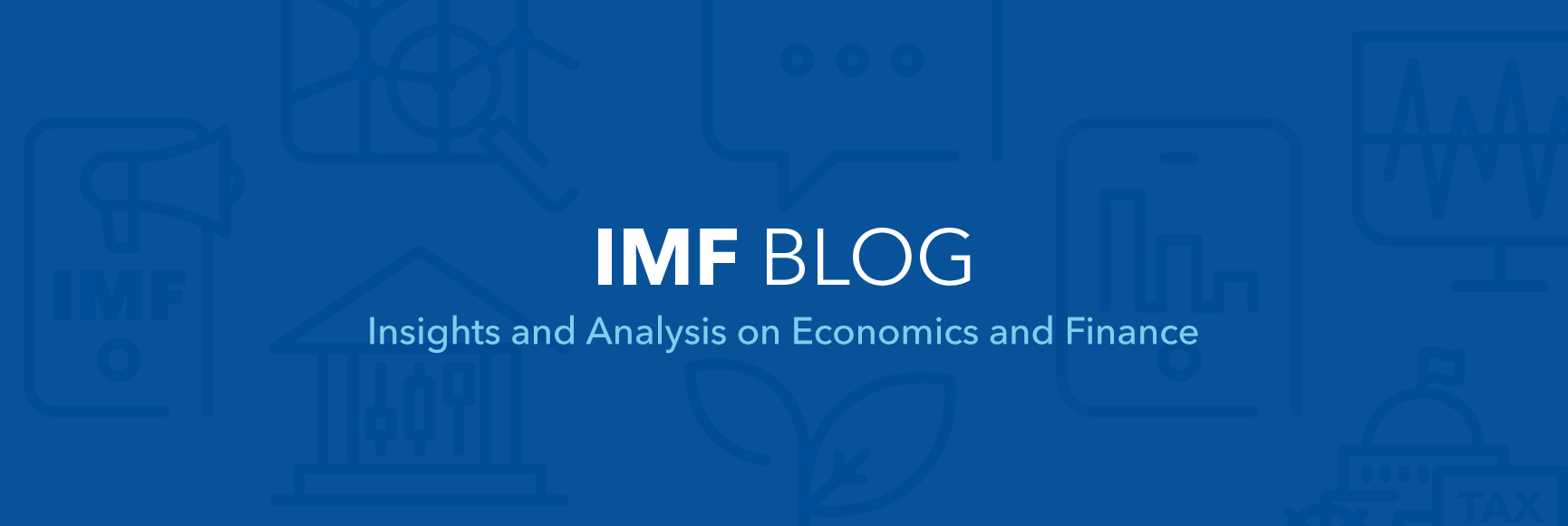Just as a tornado in Kansas transplanted Dorothy and, her dog, Toto, from familiar comforts to the unknown land of Oz, the global crisis has led many to wonder what has become of the global financial system and, more importantly, what will it look like next. Is the wicked witch of the West—excessive risk taking and leverage—really dead?
But now, as the storm subsides, there is time to speculate about what the future financial sector might look like. My IMF colleague, Aditya Narain, and I have done just that in a new Staff Position Note that attempts to discern the contours of this new financial landscape. What is clear is that the new landscape will be influenced by both the private and public sectors—their reactions to the crisis and to each other.
There are a multitude of possibilities between two extremes.
- Having skirted systemic collapse—in part due to extraordinary official interventions—the difficult reform agenda could succumb to stiff private sector pushback, languishing and allowing vulnerabilities to become re-entrenched.
- At the other extreme, the depth of the wounds inflicted by the crisis and resulting public outcry could lead to over-regulation, stifled creativity and innovation, and sluggish economic growth.
Neither outcome is desirable, so the note presents a base case between the two. What is needed is not more regulation, but sensible and better regulation. The attitude that “regulation never works, so why bother” misses two of the main lessons from the crisis.
- First, regulatory reforms are only part of a solution (and weak regulation was only part of the problem). A more macroprudential approach—more attention to the financial system as a whole rather than its individual parts—is needed.
- Second, even when regulation is the right tool or is already in place, it is implementation that really matters. This in turn depends on strong supervision.
Although perfect regulation is the ideal, in the real world there is unlikely to be a perfect, gleaming Emerald City at the end of a yellow brick road. Nor is there a “great and all-powerful Oz” to devise and implement such regulation. Hence we look at the most likely set of reforms to be enacted—those that are perhaps the most politically feasible and globally acceptable—and their effects. We then speculate about what the main outcomes will be:
- Banks will return to a more traditional function, faced with stricter regulations that limit the risks they can undertake and, as a result, their returns—making banking systems smaller overall.
- Banking systems may look more segmented, with some banks returning to their deposit-taking/loan-making roots and other banks becoming more diversified and interconnected continuing to challenge the moniker of “too-important-to-fail.”
- Nonbanks will fill the void left by banks. The diverse range of nonbank institutions will have a competitive advantage by both supplying credit and providing investors with much needed riskier investments to satisfy their retirement needs.
- The regulatory perimeter will need to expand. Nonbank financial institutions—at least those seen as systemically important—should be covered. But the issue of exactly how to formulate regulations that mitigates the systemic risks they pose is going nowhere fast.
- Market infrastructure, especially for markets thought to be susceptible to runs or contagion, will be improved by moving the “offending” instruments (either voluntarily or by mandate) to central counterparties where such risks can be partially mitigated.
- More transparent and simpler instruments will be demanded, especially by those who lost money in the crisis on products that in hindsight were too complex to understand or price.
But what does this mean for the global financial system as a whole? In the short run, the system’s riskiness and size will likely continue to shrink alongside a prolonged period of deleveraging. In the medium term, the outcomes become less clear. If the largely bank-centric regulations currently on the drawing board come to pass, and the expanded nonbank activities are within a new regulatory perimeter, it could bring financial system risk back toward a healthier norm but, importantly, with less risk than in the pre-crisis period.
But, to get to a safer, sounder financial system, coordinated and consistent implementation of better, smarter regulation and oversight will be needed. We at Fund are working hard to put our relative strengths—namely our global vantage point, our extensive experience with financial sector reform, and existing partnerships with major international bodies, such as the Financial Stability Board, Basel Committee on Banking Supervision, International Organization of Securities Commissions, and the International Accounting Standards Board—to work in helping guide the development of the “just right” version of re-regulation.
While a more holistic and coordinated approach across countries—with not too many countries jumping ahead nor lagging behind—is desirable, it is by no means assured. There is also a risk that, without buy-in from the private sector through “incentive compatible” regulation that encourages them to mitigate risks on their own, regulations put in place will be circumvented.
So, just as the scarecrow’s new brain and the lion’s new courage helped them guide Dorothy on her journey to find Oz, similar wisdom is needed in shaping the new financial system. It is critical that reforms are introduced with intelligence and foresight, as well as a firmness of purpose so that policymakers can navigate their way through the lessons from the crisis and we do not lose our way again. What do you think?




